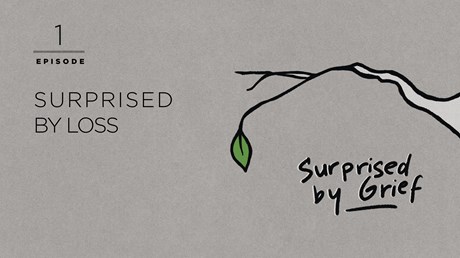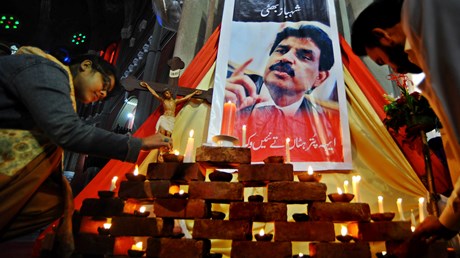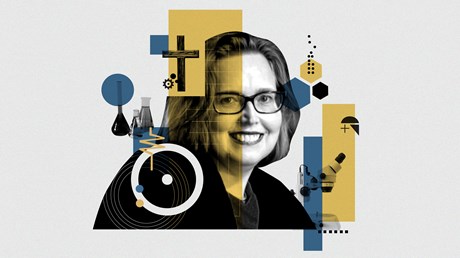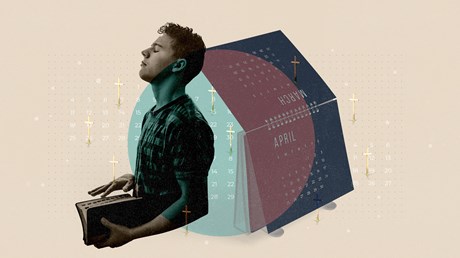Jesus saw the disastrous end of faith-fueled zealotry and warned against it.
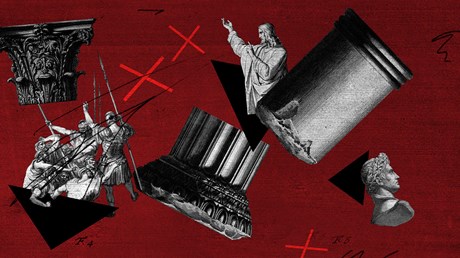
In the musical Jesus Christ Superstar, Jesus stands amid a fanatical crowd bellowing out their devotion to him. Simon the Zealot senses an opportunity and shrewdly informs Jesus that:
There must be over 50,000 screaming love and more for you
Every one of 50,000 would do whatever you ask him to
Keep them yelling their devotion, but add a touch of hate at Rome
You will rise to a greater power, we will win ourselves a home
You’ll get the power and the glory, for ever and ever and ever.
In the show, Jesus refuses to cultivate hatred of Rome and retorts that neither Simon nor the crowds understand what true power is. Lyricist Tim Rice is no New Testament scholar—it is open to debate whether Simon’s zeal pertained to religion or included a violent expulsion of Roman power from Judea and Galilee. But Rice did hit upon a genuine theme in Jesus’ ministry: Jesus refused to be the Messiah of a violent revolution, and he called on his fellow Jews to repent of the idea that the kingdom of God can be established by violent insurrection.
What took place at the US Capitol in January happened to be set in America: an unruly mob, some bearing Christian banners, smashing their way into a nation’s halls of power to overturn a democratic election and fulfill prophecies that foretold their political messiah. But the impulses driving the violent act—and subsequent threats of violence—were all too visible to Jesus in his day. He saw their inevitable disastrous end, and he warned his followers not to be seduced by the power of the sword.
Shortly after Jesus’ birth, a man named Judas the Galilean led a popular uprising against the provincial rulers in Galilee. Judas’s militant group objected ...
from Christianity Today Magazine https://ift.tt/3bnSXfh
